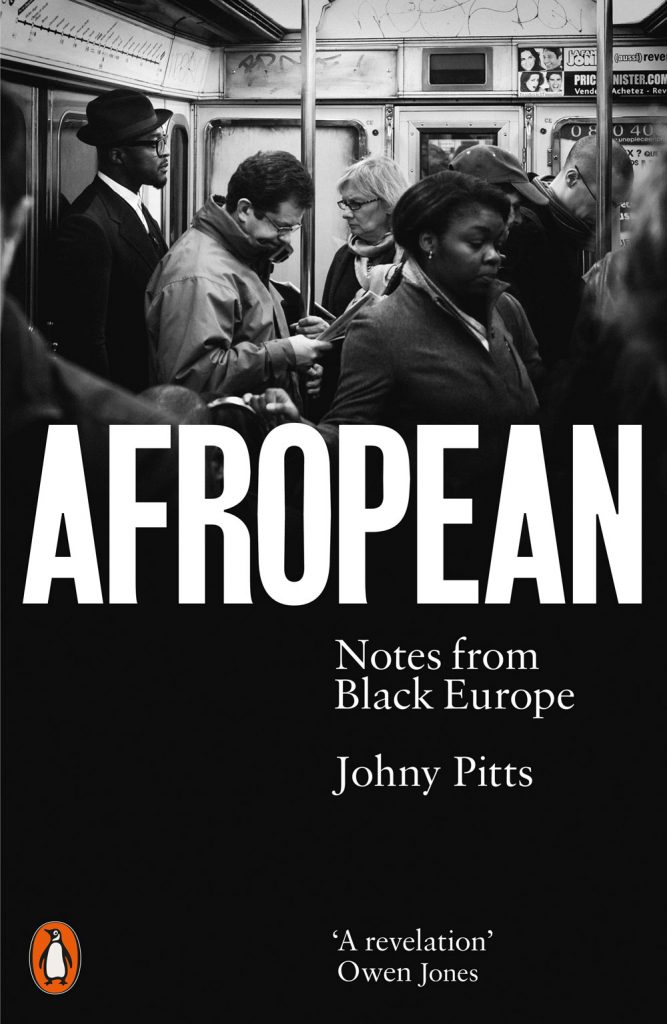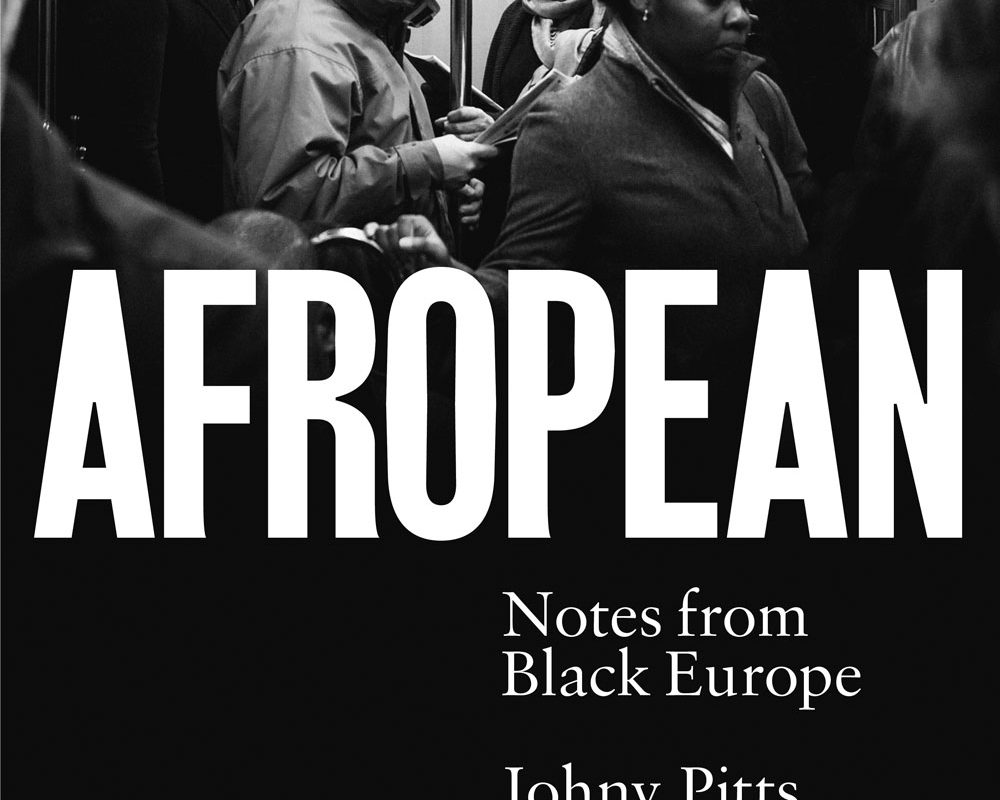A personal response to Afropean by a classical archaeologist
Lucia Nixon, Wolfson College, Oxford

As a classical archaeologist, I take a long view of ‘Europe’. In Afropean, Johny Pitts visits seven countries. Five (Belgium, Germany, Holland, France, Portugal) were entirely or partly conquered/colonised by the Romans; these countries still, and incorrectly, insist on a pure, white ancestry dating back at least that far. (Challenging this assumption is unpopular: in the UK, Mary Beard was vilified for describing Roman Britain as racially mixed, despite good evidence). Pitts’ five countries became colonisers in Africa, Asia, and the Americas. Sweden and Russia were different. The USSR invited people from Africa for political reasons, as Pitts explores. Sweden permitted immigration.
All seven countries (and the UK) are involved in non-reciprocal power relations, whereby European countries and their supposedly white values trump those from anywhere else. Pitts in Afropean is splendid on statues and museums as instruments of colonising power, such as where he talks about Tervuren’s Royal Museum for Central Africa close to Brussels (p.107ff). In Ostend earlier this year, the Belgian king Leopold II’s statue was vandalized for reasons Pitts helps us to understand. (See also Pitts’s October 2014 blog.)
For me, the sections on southern France are the high points of Afropean: Baldwin’s Saint-Paul-de-Vence, Fanon’s Toulon, and above all, Claude McKay’s Marseille. Marseille, though not without its problems, is ‘a place where [Pitts] could exist in Europe without any question of belonging’ (336), a métis, mixed city (315), and ‘a physical embodiment of Afropea’ (336). Pitts mentions the arrival of Phocaean sailors in 600 BCE (318). It may be that a long archaeological gaze allows us to see this successful ‘transcultural tagine’ emerging even further back again (329). Europe has been Black and intermingled from its very beginning, and this makes Afropean as a study of that mixedness, a crucial book for our time.
Cite this: Nixon, Lucia. “A personal response to Afropean by a classical archaeologist.” Postcolonial Writers Make Worlds, 2020, [scf-post-permalink]. Accessed 30 January 2022.
